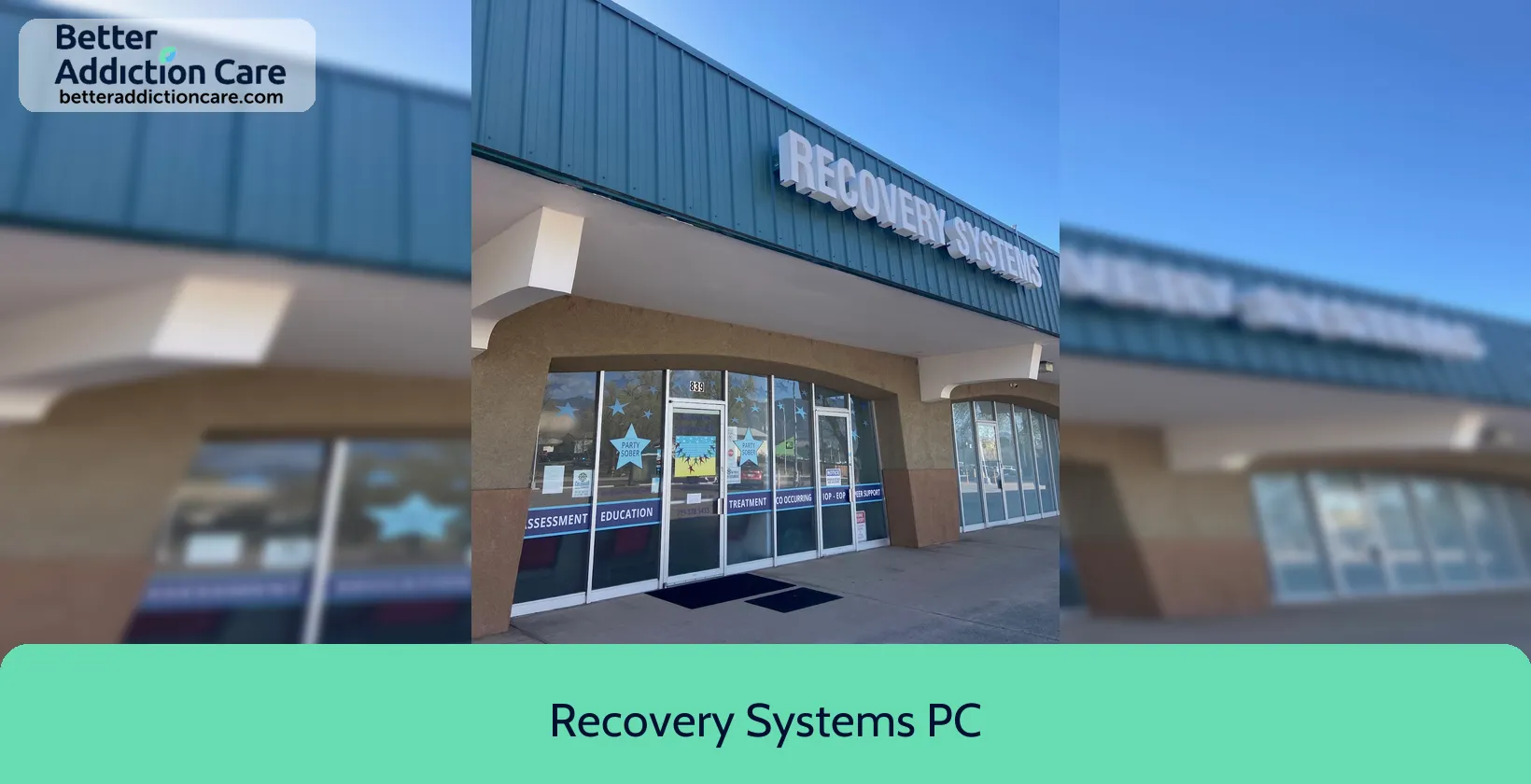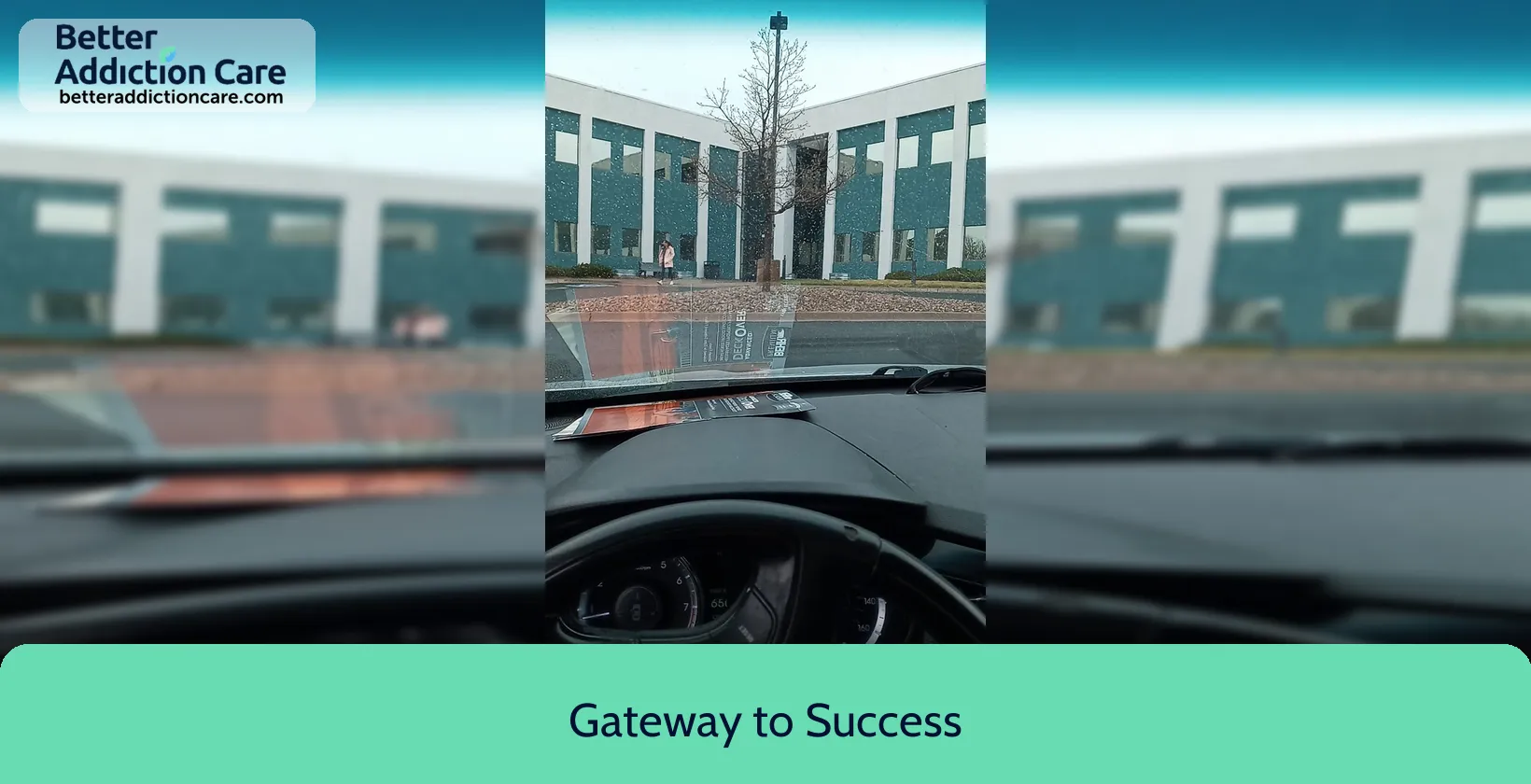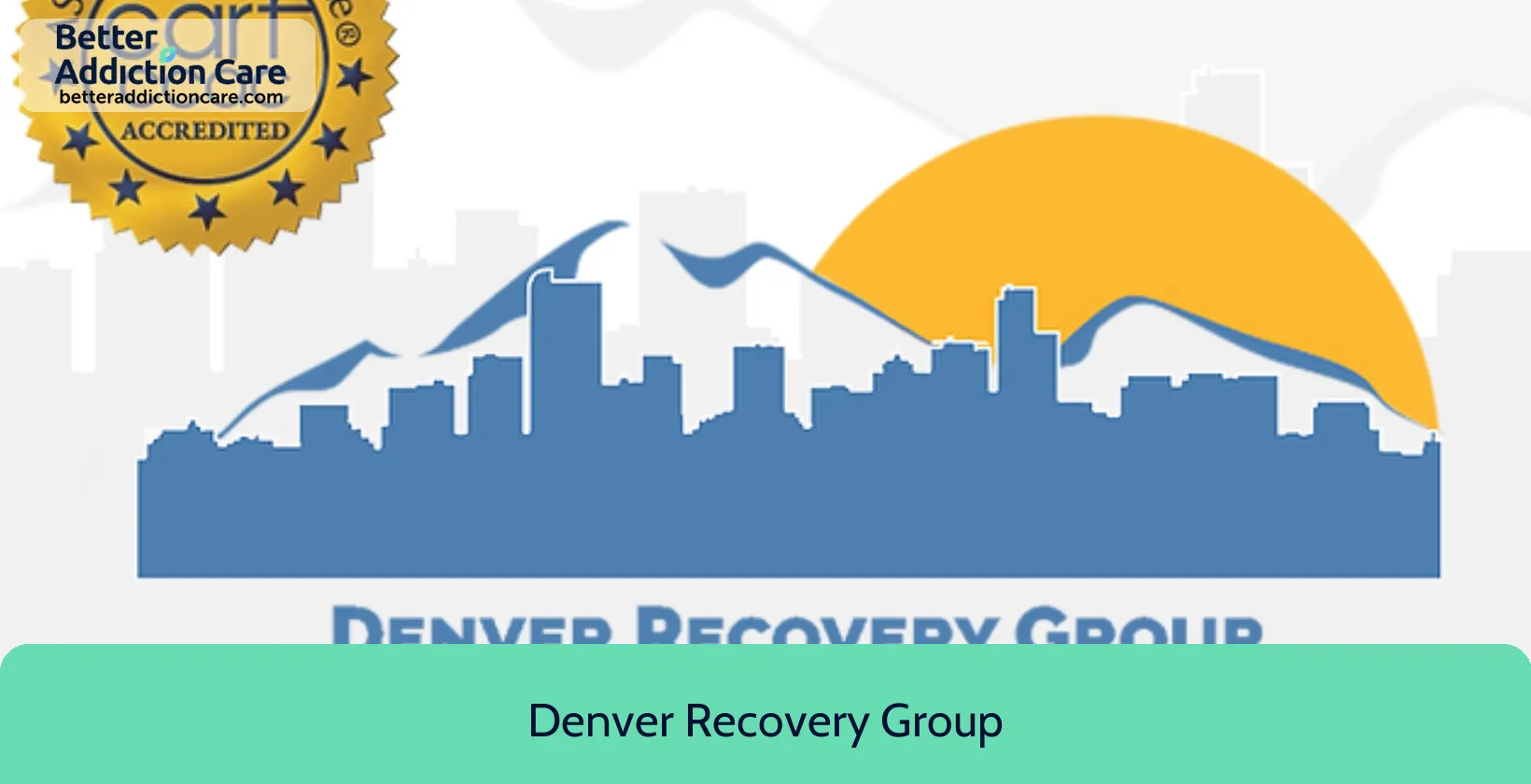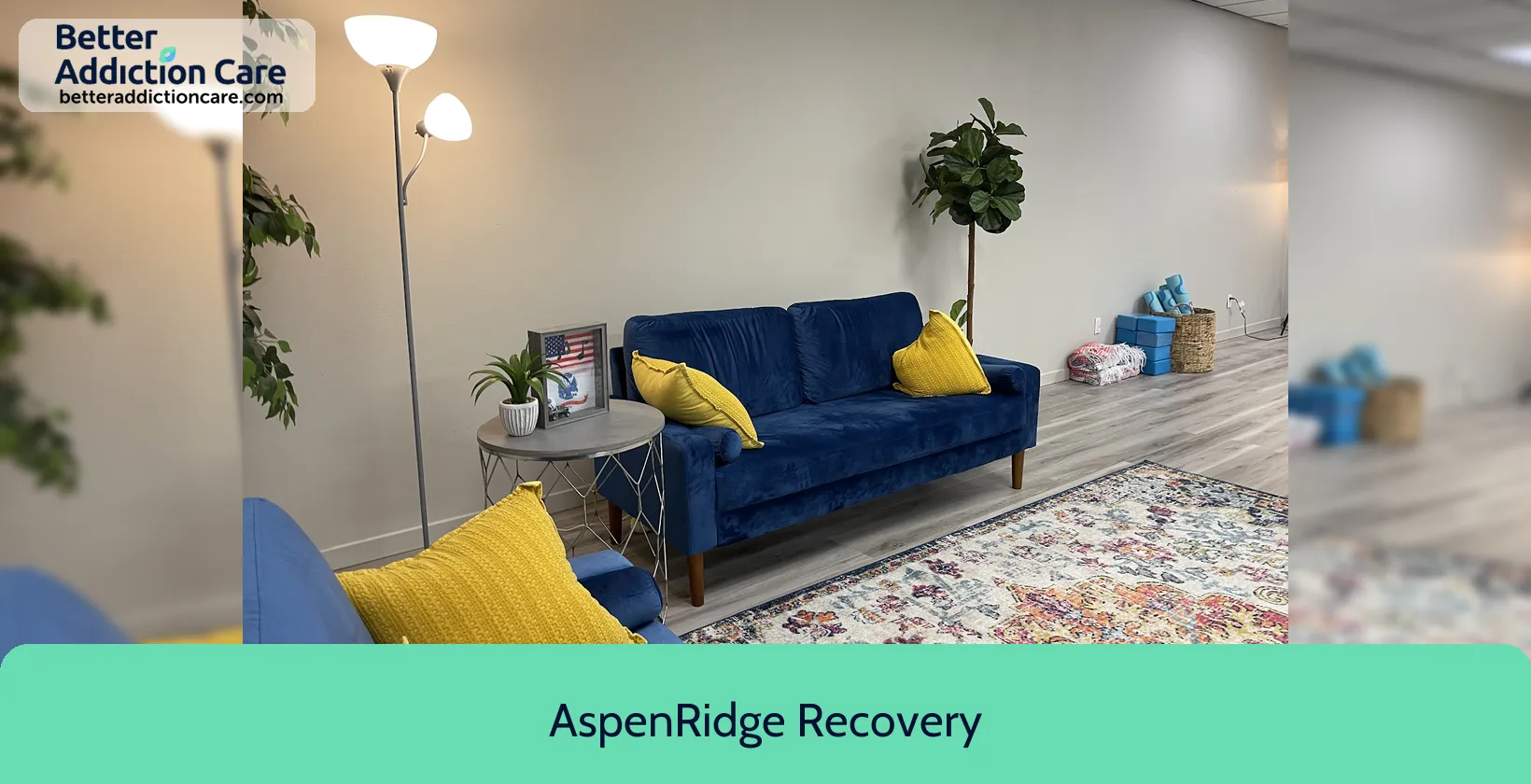Cedar Springs Hospital - New Choices Dual Diagnosis Program

Overview
Cedar Springs Hospital - New Choices Dual Diagnosis Program is a substance abuse treatment center for people seeking treatment near El Paso County. As part of their treatment modalities for recovery, Cedar Springs Hospital - New Choices Dual Diagnosis Program provides cognitive behavioral therapy, substance use disorder counseling, and trauma-related counseling during treatment. Cedar Springs Hospital - New Choices Dual Diagnosis Program is located in Colorado Springs, Colorado, accepting cash or self-payment for treatment.
Cedar Springs Hospital - New Choices Dual Diagnosis Program at a Glance
Payment Options
- Cash or self-payment
- Private health insurance
- Federal military insurance (e.g., TRICARE)
- IHS/Tribal/Urban (ITU) funds
Assessments
- Screening for tobacco use
- Comprehensive mental health assessment
- Comprehensive substance use assessment
- Outreach to persons in the community
- Screening for mental disorders
Age Groups
- Young adults
- Adults
- Seniors
Ancillary Services
- Integrated primary care services
- Suicide prevention services
- Mental health services
- Social skills development
Highlights About Cedar Springs Hospital - New Choices Dual Diagnosis Program
7.13/10
With an overall rating of 7.13/10, this facility has following balanced range of services. Alcohol Rehabilitation: 8.00/10, Drug Rehab and Detox: 6.92/10, Insurance and Payments: 6.00/10, Treatment Options: 7.58/10.-
Alcohol Rehabilitation 8.00
-
Treatment Options 7.58
-
Drug Rehab and Detox 6.92
-
Insurance and Payments 6.00
Accreditations
State mental health department:
State mental health department accreditation refers to the process of evaluating and certifying the quality and standards of a state's mental health department, ensuring that it provides high-quality services and meets specific criteria for mental health care. The accreditation process is performed by a third-party organization and helps to improve the overall care and treatment of individuals with mental health conditions.
State department of health:

State Licenses, issued by government agencies, authorize rehabilitation organizations to legally operate within designated geographical areas. The specific licenses required for operation are typically determined by both the nature of the rehabilitation program provided by the facility and its physical location.
Hospital licensing authority:
The Hospital Licensing Authority is responsible for granting licenses to healthcare facilities, ensuring that they meet the standards and regulations set by the government. Accreditation is a process of evaluation and recognition by a third-party organization, confirming that the hospital meets specific quality and safety standards.
The Joint Commission:

The Joint Commission accreditation for addiction and behavioral health signifies that a facility has met rigorous standards in patient care, treatment, and safety. This recognition assures patients and professionals of the facility's commitment to providing high-quality, evidence-based care in the fields of addiction and behavioral health, fostering trust and confidence in their services.
Treatment At Cedar Springs Hospital - New Choices Dual Diagnosis Program
Treatment Conditions
- Alcoholism
- Mental health treatment
- Substance use treatment
- Co-occurring Disorders
Care Levels
- Hospital inpatient/24-hour hospital inpatient
- Hospital inpatient detoxification
- Hospital inpatient treatment
- Aftercare
Treatment Modalities
- Cognitive behavioral therapy
- Substance use disorder counseling
- Trauma-related counseling
- Smoking/vaping/tobacco cessation counseling
- Group counseling
Ancillary Services
Additional Services
- Pharmacotherapies administered during treatment
- Mentoring/peer support
- Breathalyzer or blood alcohol testing
Special Programs
- Clients who have experienced trauma
Get Help Now
Common Questions About Cedar Springs Hospital - New Choices Dual Diagnosis Program
Contact Information
Other Facilities in Colorado Springs

7.12

7.57

6.97

7.25

6.71

7.13

7.17

7.26
Browse rehab centers near Colorado Springs and in other cities across Colorado
DISCLAIMER: The facility name, logo and brand are the property and registered trademarks of AspenRidge Recovery, and are being used for identification and informational purposes only. Use of these names, logos and brands shall not imply endorsement. BetterAddictionCare.com is not affiliated with or sponsored by AspenRidge Recovery.
